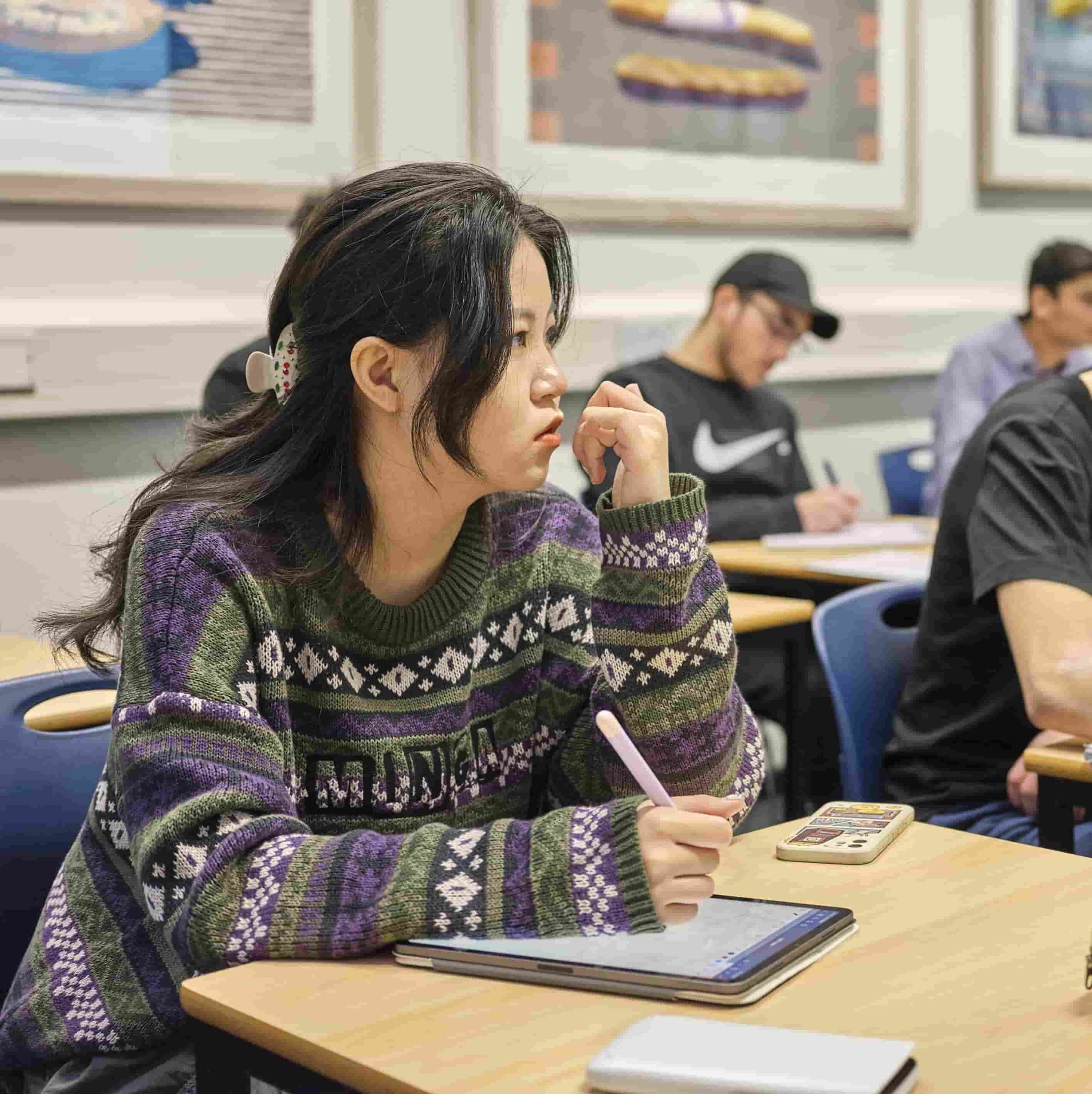A Level History
What board do we use?
AQA
What is History?
History is a fascinating and challenging subject, well known for encouraging high-level critical thinking skills such as developing logical and sustained arguments, evaluating different interpretations of events and considering a wide variety of complex issues in the light of contextual knowledge.
History is a prestigious subject which opens the doors to careers in fields such as law and journalism but can also give an extra dimension to a student whose other A Level subjects are science-based.
Which subjects combine well with History?
Geography, Economics and Sociology.
What opportunities can History lead to?
Studying history can lead to being accepted to study a wide range of subjects at university level. In turn, there are a variety of excellent careers that can follow such as working in the media, government, heritage organisations, conservation, teaching, archives, museums and galleries, the police and law.
History A Level Course Structure
All UK A Level history courses must include one British history unit, one non-British history unit and a 3500-word coursework essay. The units must also cover a chronological period of at least 200 years.
At LILA* College we offer the following course:
Tsarist and Communist Russia, 1855–1964
This option allows students to study in breadth issues of change, continuity, cause and consequence in this period through the following key questions:
- How was Russia governed and how did political authority change and develop?
- Why did opposition develop and how effective was it?
- How and with what results did the economy develop and change?
- What was the extent of social and cultural change?
- How important were ideas and ideology?
- How important was the role of individuals and groups and how were they affected by developments?
Part one: Autocracy, Reform and Revolution: Russia, 1855–1917
Part two: the Soviet Union, 1917–1964 (A Level only)
At LILA* College we offer the following depth course:
The English Revolution, 1625–1660
This option provides for the study in-depth of the challenges faced by those in authority in the years before, during and after the English Civil War. It explores concepts such as Divine Right; arbitrary government, Arminianism, and political and religious radicalism. It also encourages an in-depth understanding of how government works, arbitrary government and consensus, authority and opposition and issues of settlement.
Part one: the origins of the English Civil War, 1625–1642
Part two: Radicalism, Republic and Restoration, 1642–1660 (A Level only)
Both courses are full of interesting ideas, compelling personalities and harrowing events. Most students will have some knowledge already of the outstanding events and characters of the Russian Revolution from the last days of the Tsarist regime to the purges of Stalin.
However, the English Revolution is equally fascinating and resonates with us today: for example, it includes the first trial of a Head of State for waging war on his own people. The period after Charles I’s execution was known as the ‘World Upside Down’, and was one of the most creative and feverish periods of new ideas in history.
Our final component is a historical investigation in which students complete a personal study on the causes of the American Civil War.
This involves a short taught course followed by independent research.
Once again this course is full of well-known characters such as Abraham Lincoln, along with lesser-known individuals such as Frederick Douglass and Harriet Beecher Stowe. Students will look at how the terrible abuses of slavery were intertwined with the early years of the USA.
This topic can be studied through the medium of film and literature as well as through history books. It has been said that ‘No one can understand America without some knowledge of the Civil War’. (Shelby Foote).
For exceptionally committed and outstanding students there may be the opportunity for them to pursue a topic of their own choice.
Finally, history is about debate, it is about formulating an argument; this means that all our history lessons are discussion based. A Level history students need to engage in the debate, they need to be able to defend their interpretations of events robustly but listen to alternative viewpoints.
They need to be prepared to work hard to gain detailed, specific contextual knowledge about the periods we study and use this to interrogate and assess primary and secondary sources.
There is no doubt that history is challenging and that students have to work hard, this is what makes it such a rewarding and worthwhile subject.
Application process
Apply
Complete our Application form and Medical and SEN declaration form, and send it to us with a copy of your passport and certificates/transcripts of your academic results.
Interview
If you meet the entry requirements, we’ll invite you for an interview so we can learn more about you, your goals, and your potential, and you can meet us and learn more about studying at LILA* College.
Welcome to the family!
We’ll offer you a place or let you know why your application was unsuccessful within two working days. Once you’ve accepted the offer and paid your deposit, we’ll start the visa sponsorship process (if applicable) and get ready to welcome you!
Explore more A Levels available at LILA* College…
These are popular A Level subjects to combine with A Level History:

LILA* College marries the expertise of London’s David Game College in order to deliver an outstanding level of education for students enrolled on our A Level Programmes.










